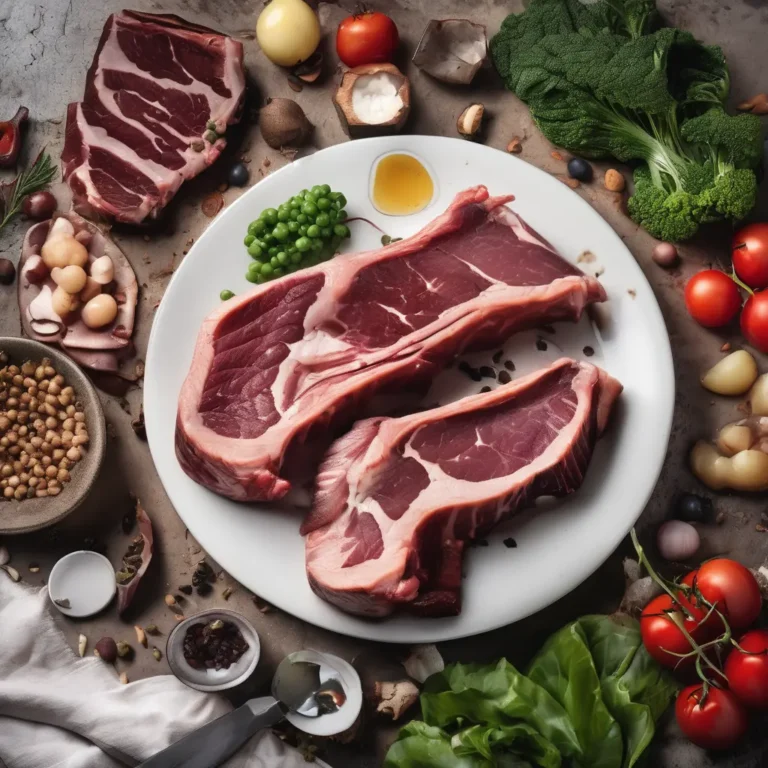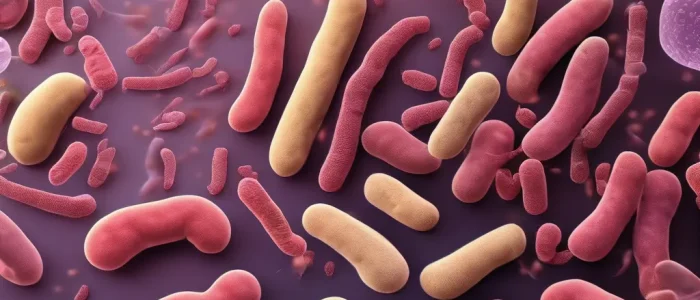
Table of Contents
ToggleMeta Description
Are you curious about the carnivore diet and its effects on digestion? Learn does the carnivore diet cause constipation, how it affects your digestive system, and how to maintain a healthy gut. Let’s go.
Introduction
The carnivore diet, a nutritional approach that focuses primarily on animal foods, has become increasingly popular in recent years. The emphasis is on meat intake and the avoidance of most plant foods, raising questions about the effects on digestion. A common concern is does the carnivore diet cause constipation. This article examines the effects of a carnivore diet on digestion and answers the question, “Does the carnivore diet cause constipation?
Understanding The Carnivore Diet

The carnivore diet is a strict diet that requires the consumption of only animal foods such as meat, fish, eggs, and dairy products, and excludes all plant foods, including fruits, vegetables, grains, and legumes. Proponents of the carnivore diet claim that it can lead to weight loss, improved mental clarity, and increased energy levels. However, potential effects on digestion, particularly constipation, are of concern and interest. Dietary fiber and constipation:
One of the main reasons for constipation in a carnivore diet is a lack of fiber. Fiber plays an important role in maintaining regular bowel movements and promoting healthy digestion. It increases stool volume, absorbs water, and promotes the movement of waste products in the intestines. Carnivore diets limit fiber intake from plant sources, which can lead to reduced bowel movements and constipation.
Impact on Gut Microbiota

Another aspect to consider is the possible influence of carnivore diet on the gut microbiota. The gut microbiome is made up of trillions of microorganisms that play important roles in digestion, immune function, and overall health. A diverse and balanced gut microbiome is essential for maintaining regular bowel movements. However, a carnivore diet that eliminates many sources of prebiotic fiber can disrupt the diversity and balance of the gut microbiome and cause constipation.
Tips to Prevent Constipation on a Carnivore Diet
Constipation can be an issue with a carnivore diet, but there are steps you can take to maintain a healthy gut and prevent constipation.
Stay Hydrated

Drinking adequate amounts of water is essential to maintaining good digestion and preventing constipation. Try to drink at least 8 glasses of water per day.
Add Organ Meats
Organ meats, such as liver and kidneys, are nutrient-rich and contain important vitamins and minerals that aid digestion. It also helps relieve constipation as it is rich in nutrients.
Consider supplements
If you’re having trouble getting all the nutrients you need from your carnivore diet, consider taking supplements like magnesium or psyllium husk to support intestinal function.
Watch your portions
Eating too much meat can slow down digestion and cause constipation. Watch your portions and pay attention to your body’s hunger and satiety signals.
Try low-fiber vegetables
Although a carnivore’s diet eliminates most plant foods, some low-fiber vegetables, such as cucumbers and lettuce, are well-tolerated and may provide additional water and nutrients.
Does the Carnivore diet Cause Constipation: Bottom Line
In summary, the effects of carnivore diets on digestion, particularly constipation, raise legitimate concerns. This dietary approach can lead to constipation because it lacks fiber and can disrupt your gut microbiome. However, by implementing strategies to maintain a healthy gut and incorporating nutrient-dense organ meats and low-fiber vegetables, you can minimize the risk of constipation from a carnivore diet. As with any dietary change, it’s important to listen to your body and adjust accordingly.
Some Other Potential Side Effects of the Carnivore Diet
Although constipation can be a side effect of the carnivore diet, it is important to note that different people may respond differently to this dietary approach. Here are some other side effects that some people may experience on a carnivore diet.
Nutrient Deficiencies
Because carnivores’ diets exclude most plant foods, they are at risk of deficiencies in nutrients, especially vitamins C, E, K, and certain minerals such as potassium and magnesium. It is important to choose your foods carefully and get enough nutrients through supplements if necessary.
Lack of Fiber
As previously mentioned, carnivores’ diets lack fiber, which can lead to digestive problems such as constipation. Fiber is essential for promoting regular bowel movements and maintaining a healthy intestine.
Increased Cholesterol
Carnivore diets tend to be high in saturated fat, which can lead to increased LDL (bad) cholesterol levels in some people. It is important to monitor your cholesterol levels regularly and consult your doctor if you have concerns..
Possible Dietary Imbalances
Consuming only animal products can lead to macronutrient imbalances such as: Excess protein and fat intake and limited carbohydrate intake. This can affect energy levels and overall metabolic function.
Changes in your Gut Microbiome
Avoiding plant-based foods and fiber can affect the diversity and balance of your gut microbiome. A healthy gut microbiome is extremely important for digestion, immune function, and overall health.
Difficulty Maintaining The Diet Long-Term
Due to the restrictive nature of the carnivore diet, it can be difficult for some people to maintain over the long term. It can also lead to social restrictions and difficulty finding suitable food options in certain situations.
It is important to realize that these possible side effects are not universal and may vary from person to person. We recommend consulting your doctor or dietitian before making any major changes to your diet, especially if you are on a restrictive diet such as a carnivore.
To ensure overall health while adhering to this nutritional approach, it is essential to regularly monitor health indicators and adjust your diet accordingly.
FAQs
Does a carnivore's diet provide all the necessary nutrients?
A carnivore’s diet can be rich in essential nutrients such as protein, vitamins, and minerals found in animal foods However, you may be lacking in certain nutrients commonly found in plant foods, such as fiber, vitamin C, and antioxidants. It is important to plan your diet carefully to ensure you are getting the right nutrients and consider supplements if necessary.
Can the carnivore diet lead to weight loss?
Weight loss is a common goal for many people on a carnivore diet. High protein content and no carbohydrates reduce calorie intake and increase satiety, which can lead to weight loss. However, individual results will vary, so it’s important to consider long-term sustainability and overall health when pursuing weight loss goals.
Does the Carnivore Diet Increase Cholesterol Levels?
Carnivore diets emphasize animal foods, especially foods high in saturated fat, which can lead to elevated LDL (bad) cholesterol levels in some people. However, it is important to note that the effect on cholesterol levels varies from person to person, and some people may experience an improvement in their lipid profile. It is recommended that you regularly monitor your cholesterol levels and consult your doctor.
Does the Carnivore Diet affect Energy Levels?
Some people report that a carnivore diet increases their energy levels and improves mental clarity, but it’s important to note that fluctuations in energy levels Some people experience it. Carbohydrate deficiency can lead to a transition period during which the body adapts to using fat as its main energy source. Some people may experience temporary fatigue or lack of energy during this adjustment period. It’s important to listen to your body, stay hydrated, and consider adjusting your macronutrient ratios as needed.
Does The Carnivore Diet Affect Gut Health?
The effect of a carnivore diet on gut health is controversial. Eliminating certain plant-based foods may reduce gut microbiome diversity, while a carnivore diet may be harmful to people with certain medical conditions, such as irritable bowel syndrome (IBS) or autoimmune diseases.
Some proponents claim that it may help alleviate digestive problems. However, further research is needed to fully understand the long-term effects of carnivore diets on gut health.
Remember that every body is unique and an individual’s experience when following a carnivore diet may vary. It’s important to listen to your body, monitor your health indicators, and consult your doctor or registered dietitian before making any drastic changes to your diet.
Pingback: Carnivore Diet and Intermittent Fasting: (The Perfect Hack)
Pingback: How often do you poop on the Carnivore Diet? - Health Discovery